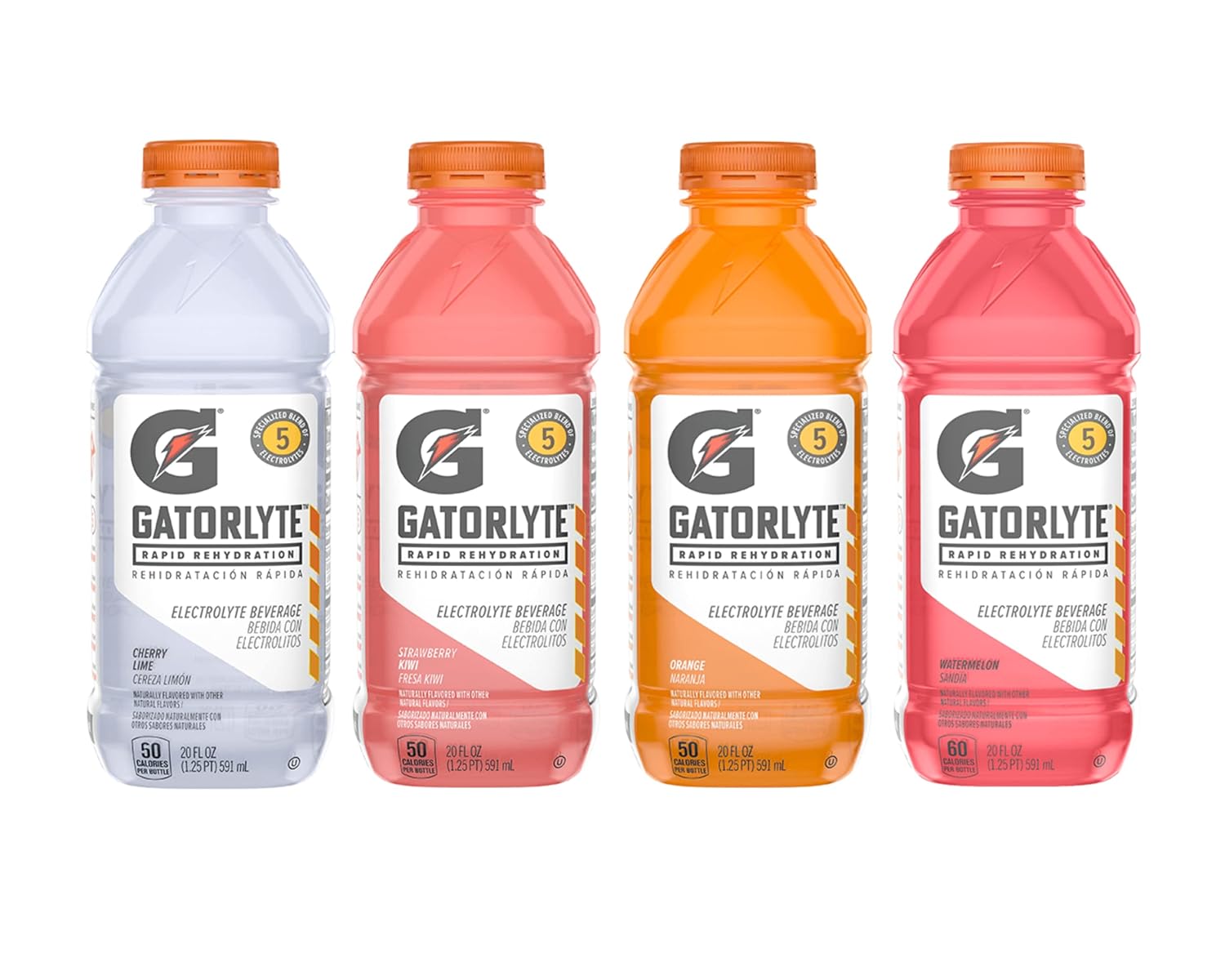What are the symptoms of electrolyte imbalance?
Electrolyte imbalance can cause a variety of symptoms, depending on which electrolyte is affected and whether the levels are too high or too low. Here are some general symptoms:
- Muscle cramps or weakness: Particularly in the legs
- Irregular heartbeat: This can be either fast or slow
- Fatigue: Feeling tired or lethargic
- Nausea: Feeling sick to your stomach
- Vomiting: Particularly if it’s persistent
- Diarrhea or constipation: Changes in bowel habits
- Confusion: Disorientation or difficulty concentrating
- Headaches: Especially severe or persistent ones
- Seizures: In severe cases, electrolyte imbalances can lead to seizures
- Numbness or tingling: Especially in the extremities
It’s important to note that these symptoms can also be caused by other medical conditions, so it’s always best to consult with a healthcare professional for an accurate diagnosis and appropriate treatment.
What are the causes of electrolyte imbalance?
Electrolyte imbalance can be caused by a variety of factors, including:
- Dehydration: This is one of the most common causes. When you lose fluids through sweating, vomiting, diarrhea, or excessive urination, your electrolyte levels can become imbalanced.
- Poor diet: Not getting enough electrolytes through your diet, especially if you have a limited intake of fruits, vegetables, and whole grains that are rich in electrolytes, can lead to imbalances.
- Medications: Some medications, such as diuretics, laxatives, and certain chemotherapy drugs, can cause electrolyte imbalances by affecting how your body absorbs and excretes electrolytes.
- Medical conditions: Certain medical conditions, such as kidney disease, heart failure, diabetes, and adrenal gland disorders, can disrupt your body’s electrolyte balance.
- Excessive sweating: Athletes and people who engage in vigorous exercise or work in hot environments can lose large amounts of electrolytes through sweat, leading to imbalances.
- Alcoholism: Chronic alcohol consumption can interfere with the body’s ability to regulate electrolyte levels.
- Vomiting and diarrhea: These conditions can lead to rapid fluid and electrolyte loss.
- Age: Infants and older adults are more prone to electrolyte imbalances due to differences in body size, kidney function, and fluid reserves.
It’s important to maintain a balanced diet, stay hydrated, and monitor your electrolyte levels, especially if you are at risk for imbalances due to certain medications or medical conditions.
How is electrolyte imbalance diagnosed?
Electrolyte imbalance is typically diagnosed through a combination of medical history, physical examination, and laboratory tests. Here’s how it’s usually done:
- Medical history: Your healthcare provider will ask about your symptoms, medical history, medications you’re taking, and any other relevant factors that could contribute to electrolyte imbalances.
- Physical examination: A physical exam may reveal signs such as muscle weakness, irregular heartbeats, or changes in blood pressure that could indicate an electrolyte imbalance.
- Blood tests: Blood tests are used to measure the levels of electrolytes in your blood. This can include tests for sodium, potassium, calcium, and magnesium levels. Abnormal levels can indicate an imbalance.
- Urine tests: Urine tests can also be used to measure electrolyte levels, particularly for potassium and sodium. These tests can help determine how well your kidneys are functioning.
- ECG (electrocardiogram): An ECG may be performed to check for abnormal heart rhythms, which can be a sign of electrolyte imbalances, particularly in potassium levels.
- Other tests: In some cases, additional tests may be needed to determine the underlying cause of the electrolyte imbalance, such as tests for kidney function or hormone levels.
It’s important to note that electrolyte imbalances can be serious and should be diagnosed and treated by a healthcare professional. Do not attempt to self-diagnose or self-treat electrolyte imbalances without medical supervision.
What is the treatment for electrolyte imbalance?
The treatment for an electrolyte imbalance depends on the specific electrolyte that is out of balance and the underlying cause. Here are some general approaches:
- Oral rehydration: For mild cases of dehydration and electrolyte imbalance, drinking oral rehydration solutions that contain electrolytes such as sodium, potassium, and glucose can help restore balance.
- Dietary changes: In cases where electrolyte imbalances are caused by poor diet, increasing your intake of foods rich in the affected electrolyte can help. For example, consuming potassium-rich foods like bananas and oranges can help with low potassium levels.
- Medications: In some cases, medications may be prescribed to help correct electrolyte imbalances. For example, potassium supplements may be given for low potassium levels.
- Intravenous (IV) fluids: For severe electrolyte imbalances or dehydration, fluids containing electrolytes may be administered intravenously to quickly restore balance.
- Treatment of underlying conditions: If an underlying medical condition is causing the electrolyte imbalance, such as kidney disease or heart failure, treating the underlying condition is essential.
- Regular monitoring: If you are at risk for electrolyte imbalances, your healthcare provider may recommend regular monitoring of your electrolyte levels through blood tests.
It’s important to seek medical advice for the appropriate treatment of electrolyte imbalances, as untreated imbalances can lead to serious complications. Do not attempt to self-diagnose or self-treat electrolyte imbalances without medical supervision.

Leave a Reply
You must be logged in to post a comment.